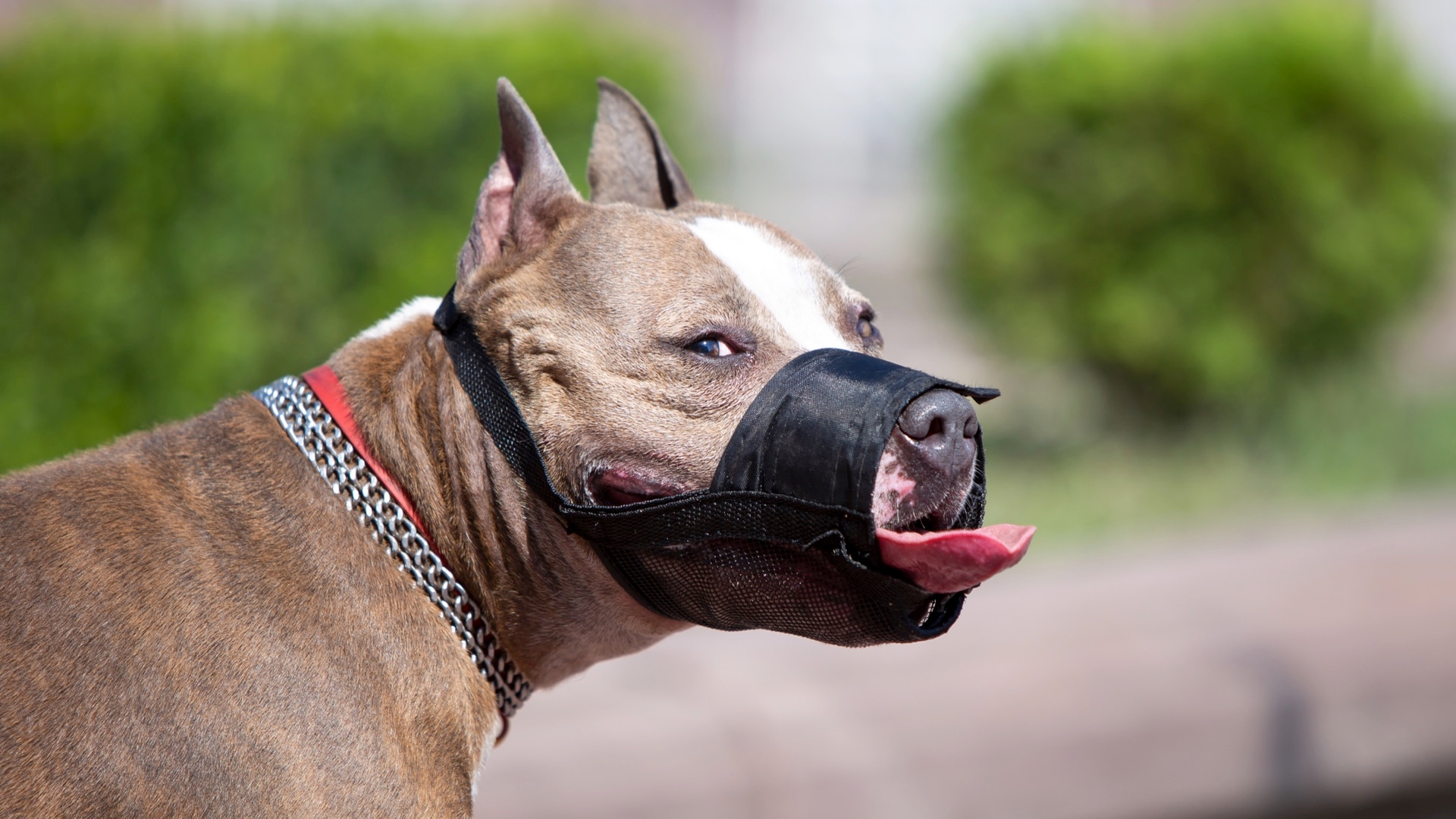Dangerous:
The tag "dangerous" relates to: aggression, animals, cat, disease, dog, health, heartworm disease, pet health, pets, and responsible pet ownership. For more tags, view our complete tag index.
The following blog entries have been tagged "dangerous".
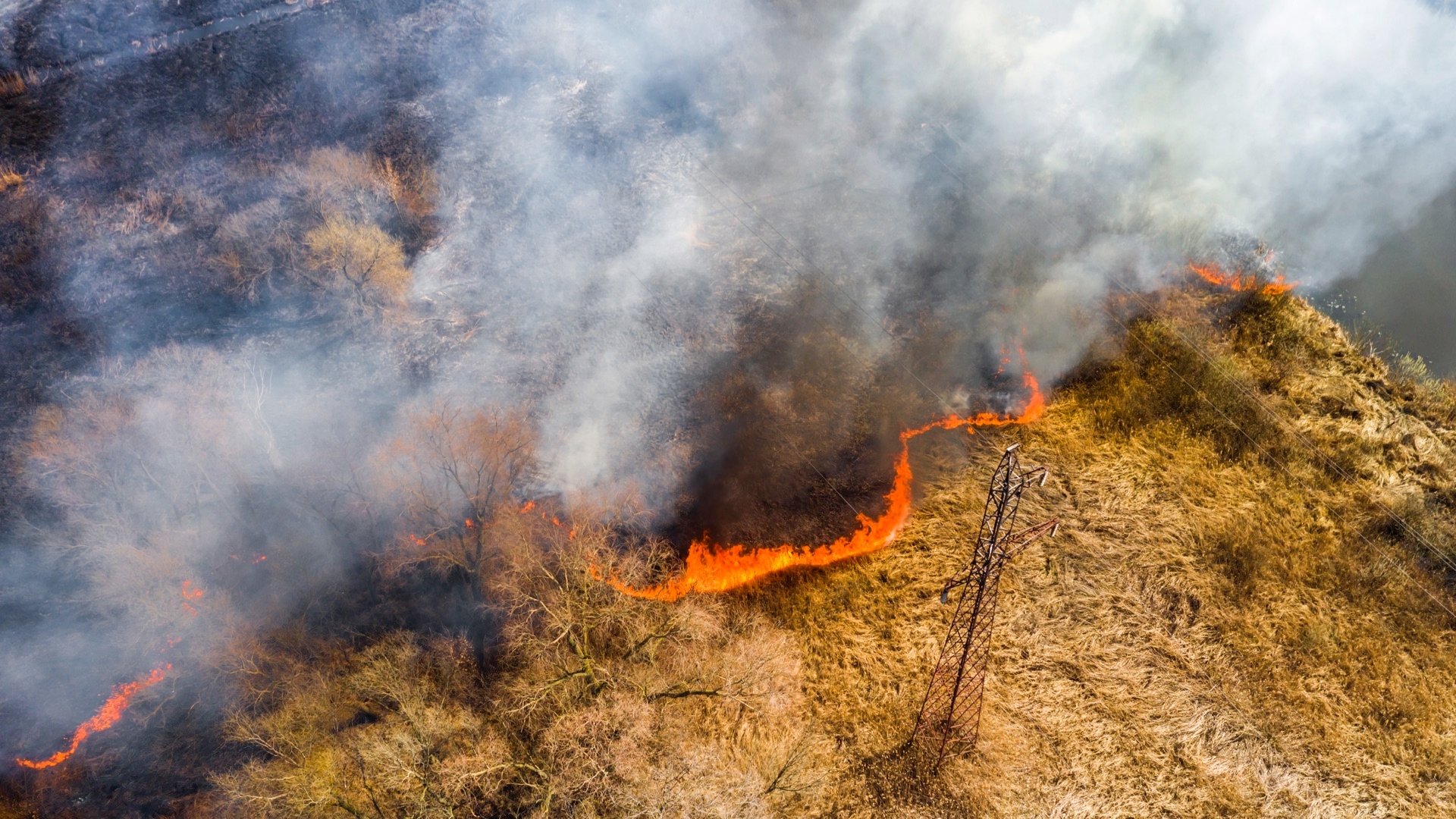
Your pets can be affected by wildfire smoke. If you feel the effects of smoke, they probably do, too! Smoke can irritate your pet's eyes and respiratory tract. Animals with heart or lung disease and older pets are especially at risk from smoke and should be closely watched during all periods of poor air quality.
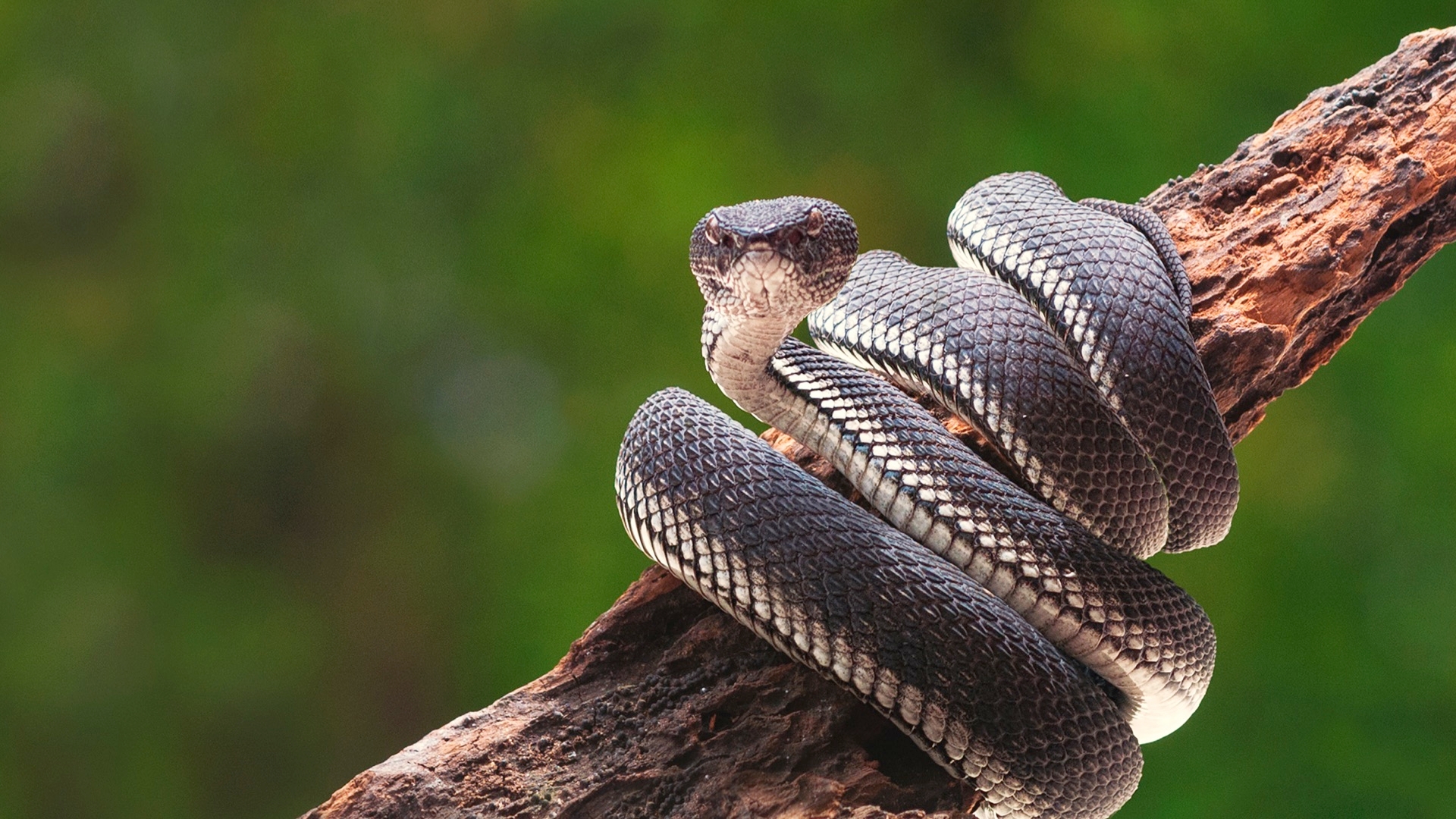
The CDC does not recommend keeping venomous animals as pets or in household settings. While that seems like commonsense, there are still people who disagree. If you are keeping a venomous animal then it's important you understand the risks, and how to respond if you are bitten or get venom on your skin.
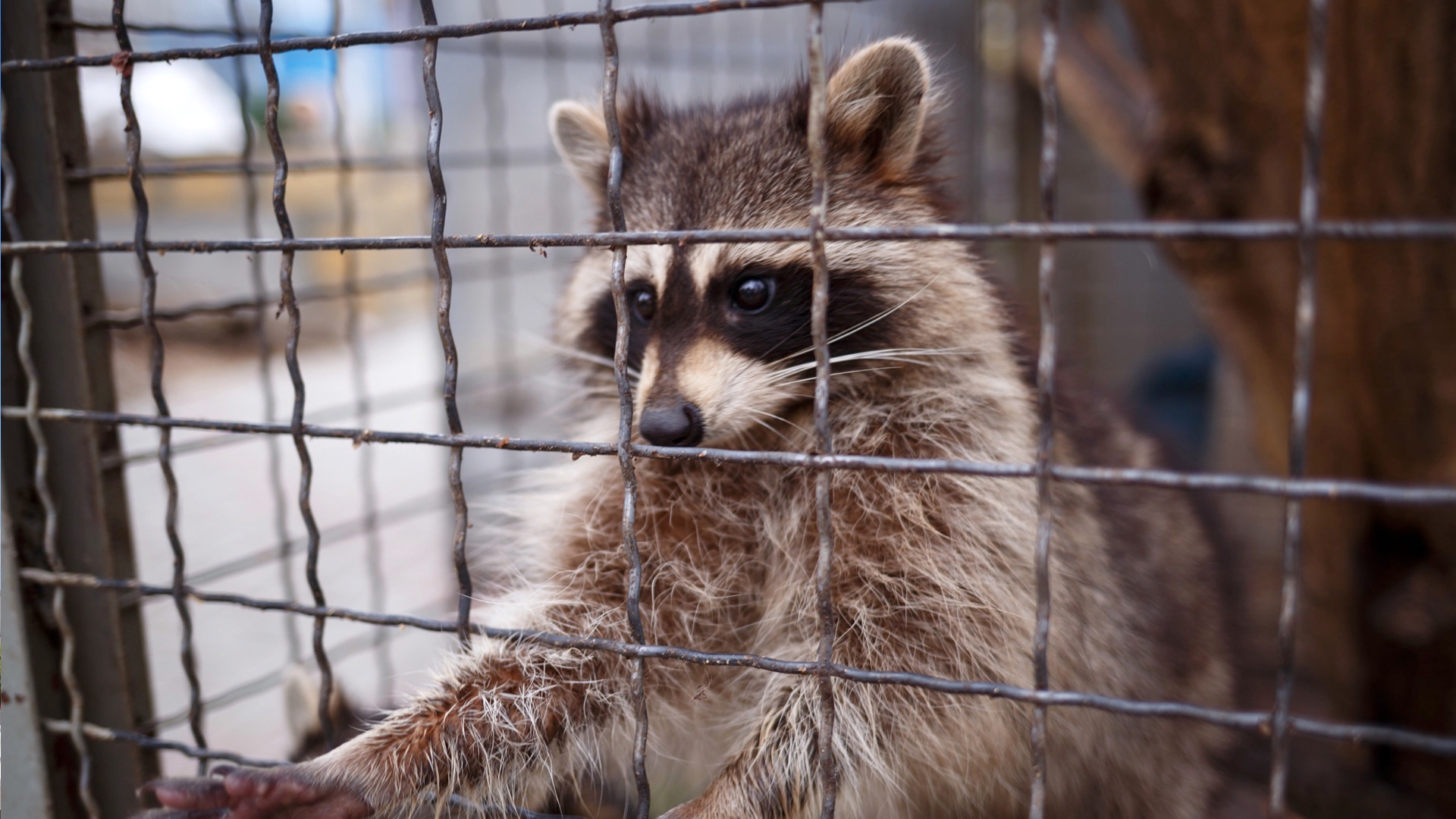
Animals and Rabies
CDC
onIn the United States, more than 90% of reported cases of rabies in animals occur in wildlife. Rabies affects only mammals. Mammals are warm-blooded animals with fur. People are also mammals. Birds, snakes, and fish are not mammals, so they can't get rabies and they can't give it to you. But any mammal can get rabies, including people.

The white, trumpet-shaped Easter lily symbolizes Easter and spring for many people, and is a popular decoration in homes at this time of year. If you have cats, however, the Food and Drug Administration (FDA) wants to remind you that these particular flowers are a safety threat to your feline friends.

Heartworm disease is not contagious, meaning that a dog cannot catch the disease from being near an infected dog. Heartworm disease is only spread through the bite of a mosquito. When the infected mosquito bites another dog, the mosquito spreads the infective larvae to the dog through the bite wound. In the newly infected dog, it takes about 6 to 7 months for the infective larvae to mature into adult heartworms.
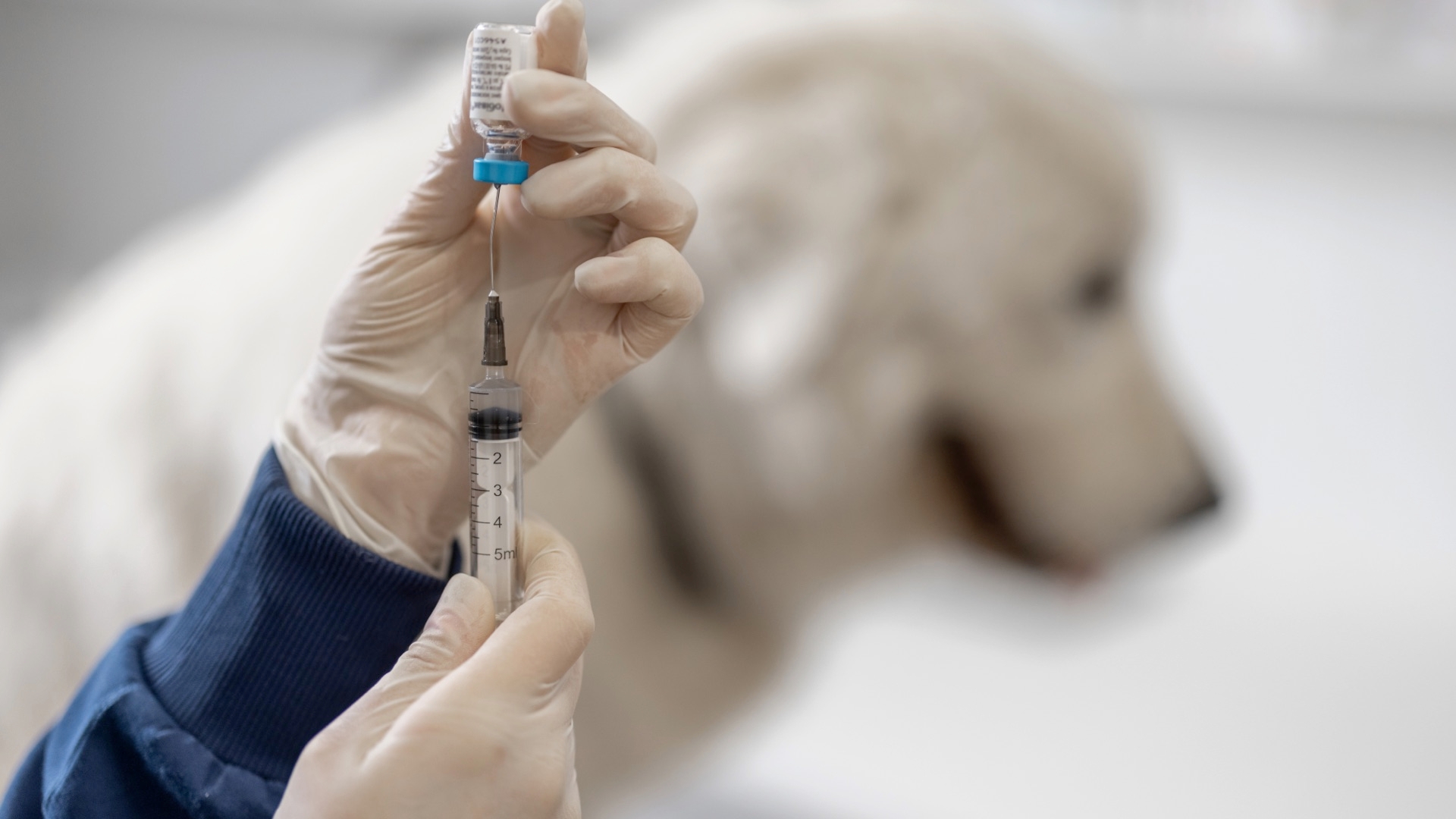
Rabies
HHS
onRabies is a fatal but preventable viral disease. It can spread to people and pets if they are bitten or scratched by a rabid animal. In the United States, rabies is mostly found in wild animals like bats, raccoons, skunks, and foxes. However, in many other countries dogs still carry rabies, and most rabies deaths in people around the world are caused by dog bites.

Heartworm Disease is 'a preventable disease, which is why it's so frustrating as a practitioner when you see a case,' says Melanie McLean, D.V.M., a veterinarian at the U.S. Food and Drug Administration (FDA). Treatment can be hard on animals, and McLean says 'it's much easier and healthier for the pet to prevent the disease in the first place.'

